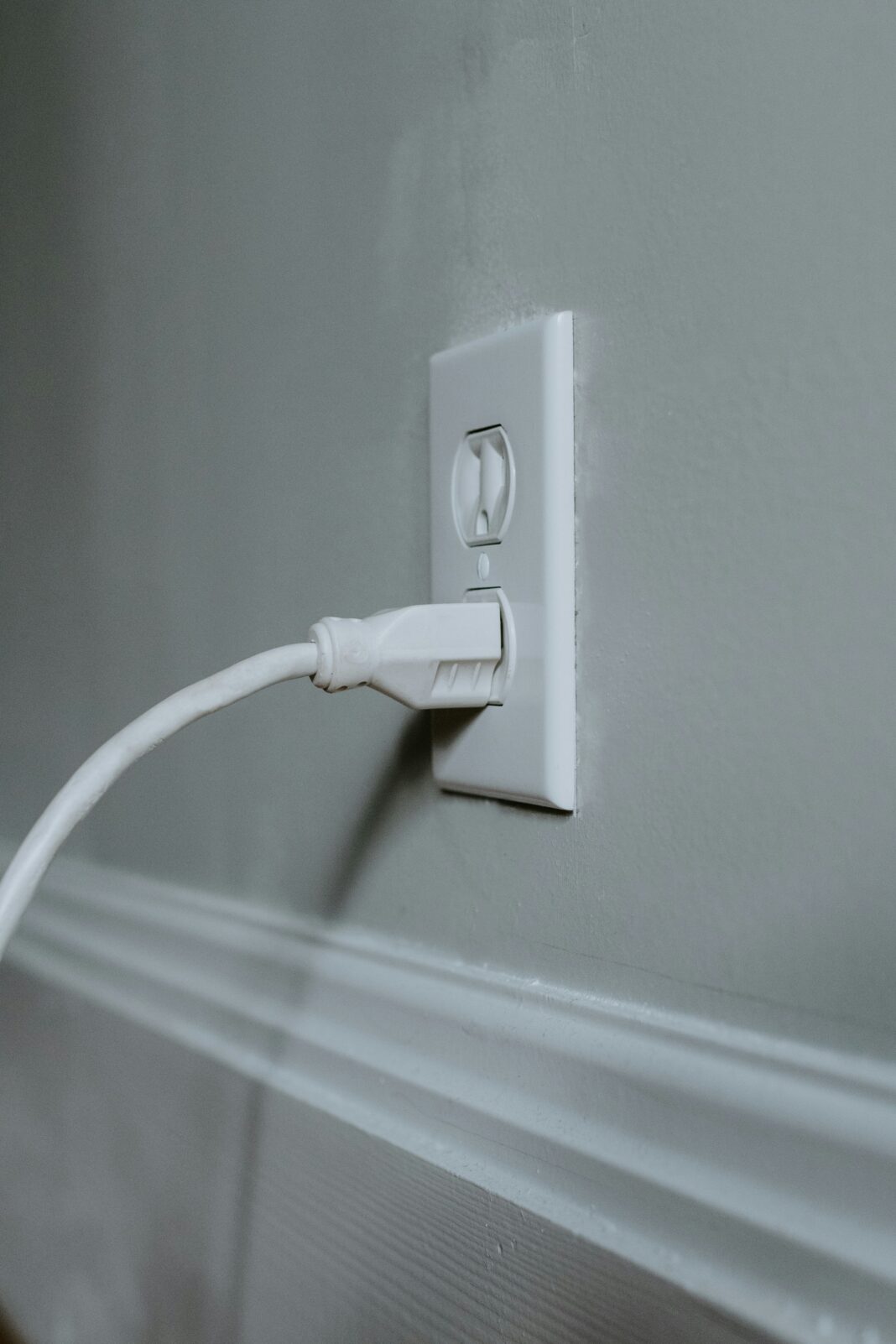The Power of Affirmations: How Words Shape Your Reality
Affirmed to be more than simple positive thinking, affirmations are deeply connected to the brain’s neuroplasticity, the brain’s remarkable ability to reorganize itself by forming new neural connections. By consistently practicing affirmations, individuals can rewire their brains to align with their aspirations. Prior to embarking on the journey of affirmations, it is vital to comprehend the adverse implications of negative self-talk. Engaging in negative self-talk reinforces self-imposed limitations, shaping actions, emotions, and decisions accordingly.
Crafting potent affirmations involves employing positive, personal, and present-tense language. Adopting affirmations in daily routines can yield transformative outcomes, reinforcing the desired beliefs until they become inherent. Pushing through initial resistance is integral, as it signifies the transition from old to new beliefs. As affirmations gradually become intrinsic beliefs, individuals naturally gravitate towards opportunities and environments that align with their objectives. Renée McRae aptly emphasizes, “Words matter, literally.”
The Science Behind Affirmations
Affirmations are deeply rooted in the brain’s ability to reorganize itself through neuroplasticity. Through consistent practice, affirmations forge new neural connections, embedding empowering beliefs in the subconscious mind.
Why Negative Self-Talk Is So Destructive
Negative self-talk perpetuates limiting beliefs, influencing actions, emotions, and decisions detrimentally.
How to Develop Effective Affirmations
Crafting affirmations involves using positive, personal, and present-tense language to reshape beliefs and guide actions towards desired outcomes.
Practicing Affirmations in Daily Life
Incorporating affirmations into daily routines, such as morning reflections, journaling, and setting reminders, reinforces positive beliefs and facilitates transformative shifts in mindset.





